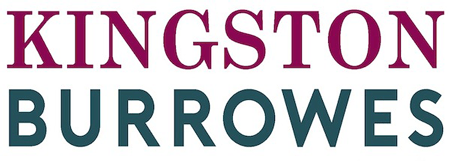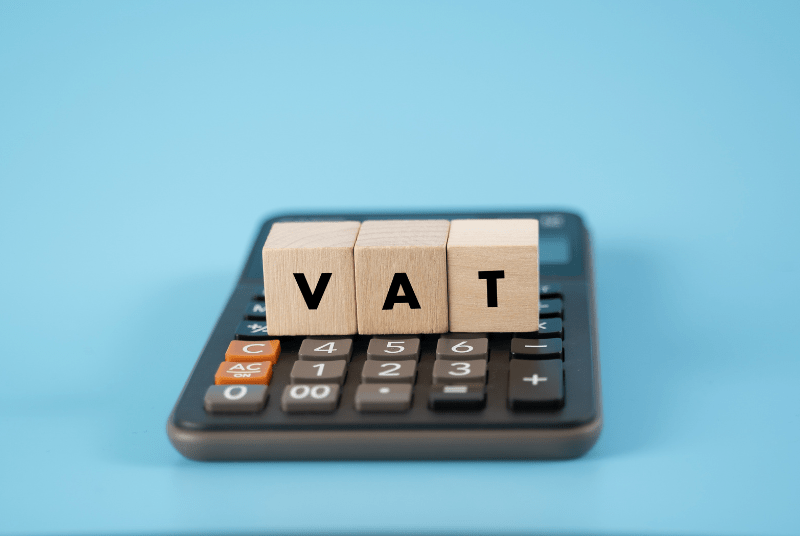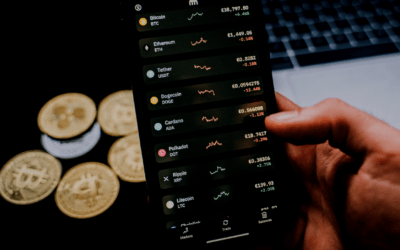This is the question we are often asked by small business owners and if you have recently launched a new business, you might also wonder the same.
So, let’s explore the ins and outs of this key area of tax legislation, including the essentials such as when you must register, the process involved and the considerations you should make when it comes to your customers.
What is VAT?
VAT (Value Added Tax) is the business tax which is applied to most goods and services in the UK. Not all businesses need to register for VAT but it’s important to be aware of when your business should register to avoid any unwanted fines.
When to register for VAT?
HMRC will not prompt you regarding VAT registration. It is up to you to determine when if and when you need to register.
You must legally register for VAT once your business turnover exceeds £85,000 per year, and if your business is set to pass the £85,000 threshold in the next 30 days you should also register.
You may also want to register voluntarily if it is beneficial to do so. Some businesses find that it is advantageous for cash flow reasons as they can claim back VAT on costs such as accountancy fees and computer equipment.
On the flip side however, you should consider whether your customers are VAT registered or whether you operate on a business to consumer basis, because your customers then wouldn’t be able to reclaim the VAT.
Can a Business be Exempt from VAT?
A business itself can’t technically be exempt from VAT but the goods and services it sells could be. Some products are not VAT charged, such as insurance and finance, education and training, fundraising events by charities and subscriptions to membership organisations.
Note, that exempt items are not the same as zero-rated items. Zero rated goods and services are taxable at 0% as opposed to being exempt.
What about exporting goods?
VAT is a tax on goods used in the UK, therefore you do not need to charge VAT if goods are exported.
According to HMRC, you can zero rate the sale, as long as you get and keep evidence of the export and comply with all other conditions. You must also make sure the goods are exported, and you must get the evidence within 3 months from the time of sale.
More information regarding export and VAT rules can be found on the Gov.UK website.
Different Types of VAT Schemes
One reason to seek professional advice for VAT registration is that there are several VAT rate schemes available and the most suitable will depend on the specifics of your business. When deciding on the most appropriate scheme, you will need to take into consideration factors such as your turnover, your customer type and which expenses you can claim VAT on.
Flat Rate Scheme – If you have a VAT turnover of £150,000 or less you are eligible for the flat rate scheme. Under this scheme you pay a fixed rate of VAT to HMRC and you keep the difference between what you charge your customers and pay to HMRC. You cannot reclaim VAT on your purchases, except for certain capital assets over £2000.
The rates for this scheme vary according to industry so you will need to determine which business sector best fits your business, and this is another area where a VAT expert can support you.
Note, that you will be required to leave the flat rate scheme if your turnover is more than £230,000.
Standard Rate Scheme – Another option available to you is the standard rate VAT scheme, under which you can reclaim VAT on every eligible product you buy or sell. This scheme is frequently utilised because it’s suitable for a wide range of businesses.
The standard rate scheme requires that you send a quarterly VAT return to HMRC.
Accounting Scheme – Under this scheme you only need to update HMRC of the VAT income you received during the quarter. Bear in mind, that you can’t claim VAT back on invoices which are unpaid and you cannot use the scheme if your business has a turnover in excess of £1.35m.
Annual Accounting Scheme – This scheme allows you to make payments towards your VAT bill throughout the year and you are only required to submit one VAT return. This scheme is also restricted to businesses with a turnover below £1.35m.
Your responsibilities as a VAT registered business
Once you are VAT registered, you will need to:
- Charge the 20% VAT rate on goods and services you sell (for example, if you’re selling a product for £100, you will have to add £20 to the bill). Some items, such as food and children’s clothes are exempt, and services such as electricity have a reduced rate of 5%
- Pay VAT on goods and services purchased from other businesses
- Complete a quarterly VAT return
Completing your VAT return
When you complete and submit your VAT return, the amount of VAT you charged and the amount you have paid should cancel each other out. Therefore, if you have paid too much VAT, HMRC will issue you with a refund. Likewise, if you have not paid enough VAT, you will need to pay the additional amount.
VAT Filing Penalties
If your business should by law be VAT-registered and it’s not, then you could face significant penalties. Which is why it’s so important to seek professional advice if you are uncertain as to whether/when your business should be VAT registered.
Failing to register for VAT could land you with a hefty fine from HMRC and this would increase over time. Even if you have missed the registration deadline in error, you will still be liable for the penalty.
Help with your VAT
Whether you need help determining if your business should be VAT registered or you need an experienced accountant to complete and final your VAT returns, we can support you. Our team have extensive experience of preparing and submitting quarterly VAT returns and are always on hand to provide expert advice. To explore how we can support you, simply get in touch.




